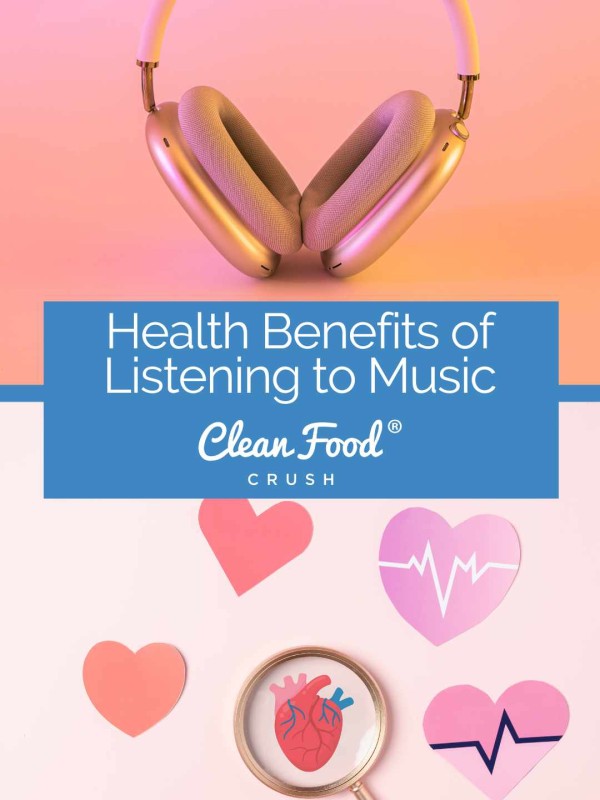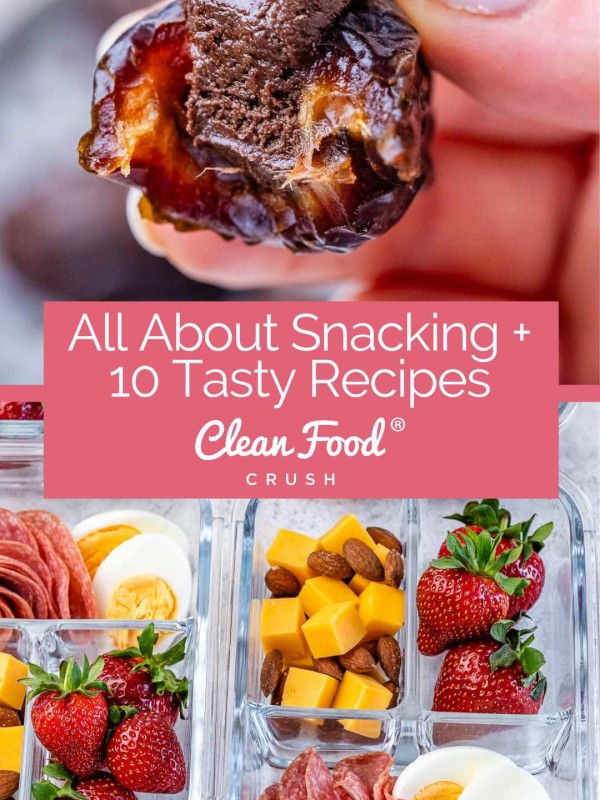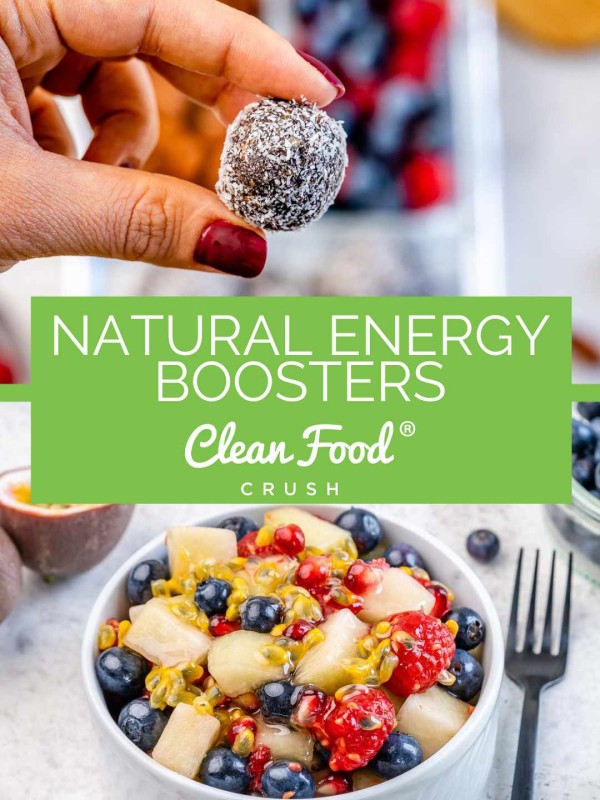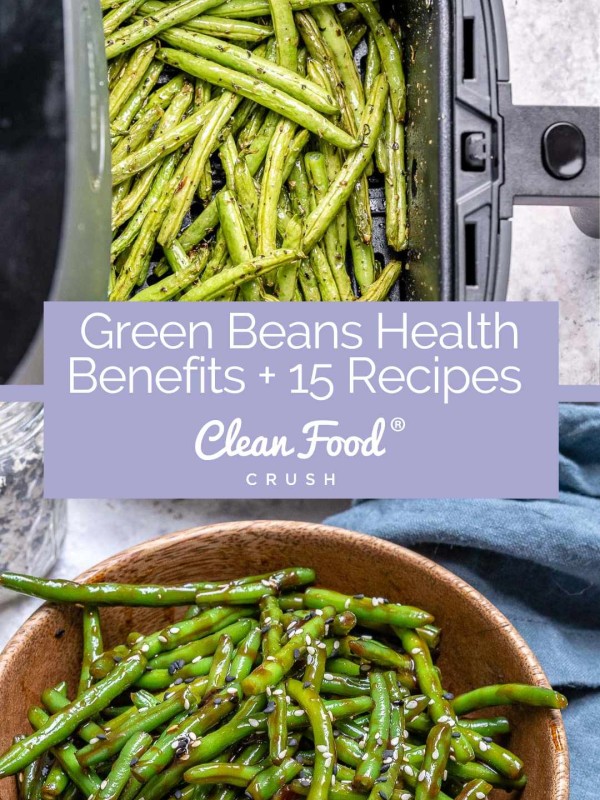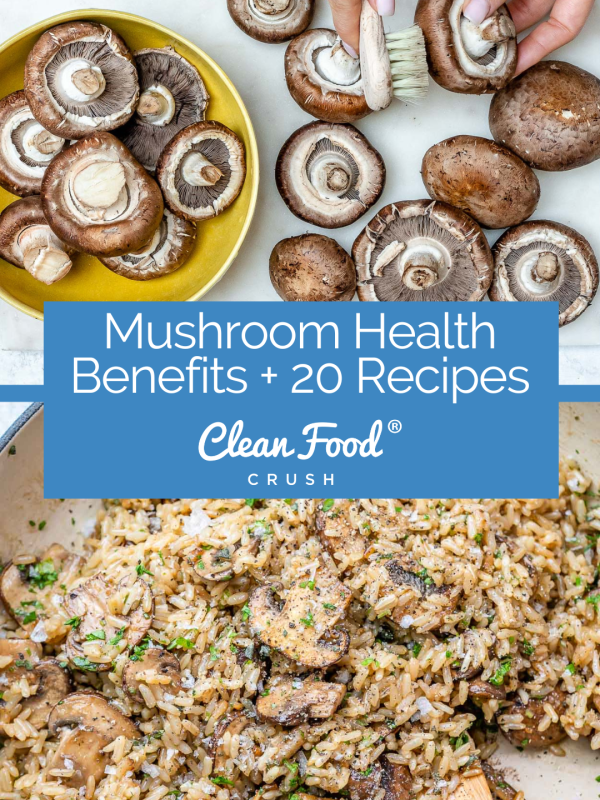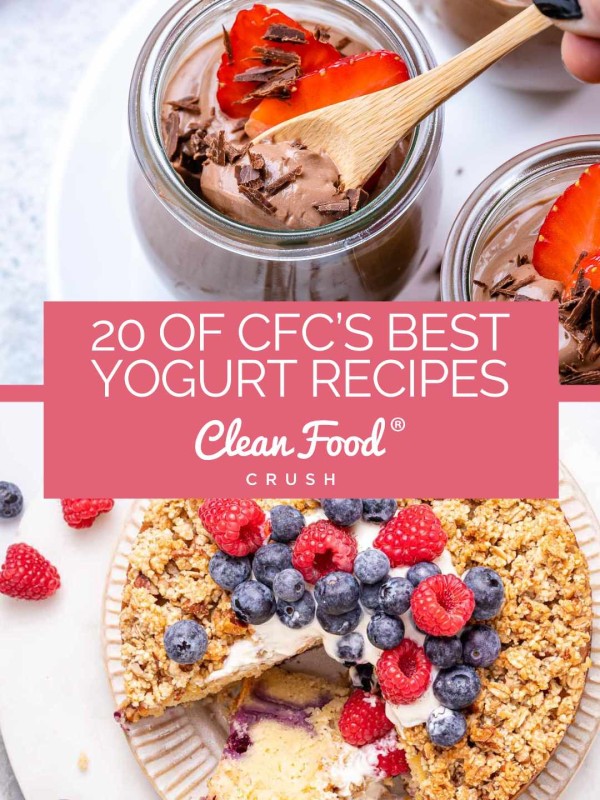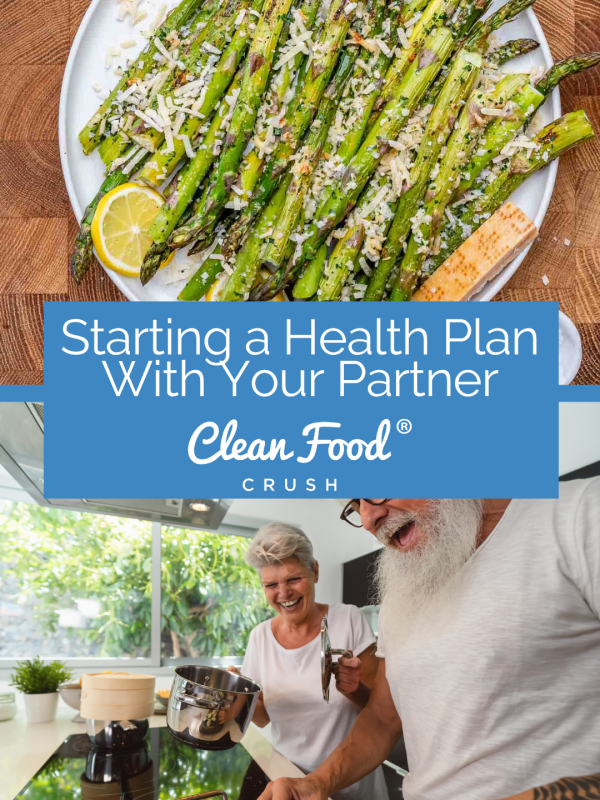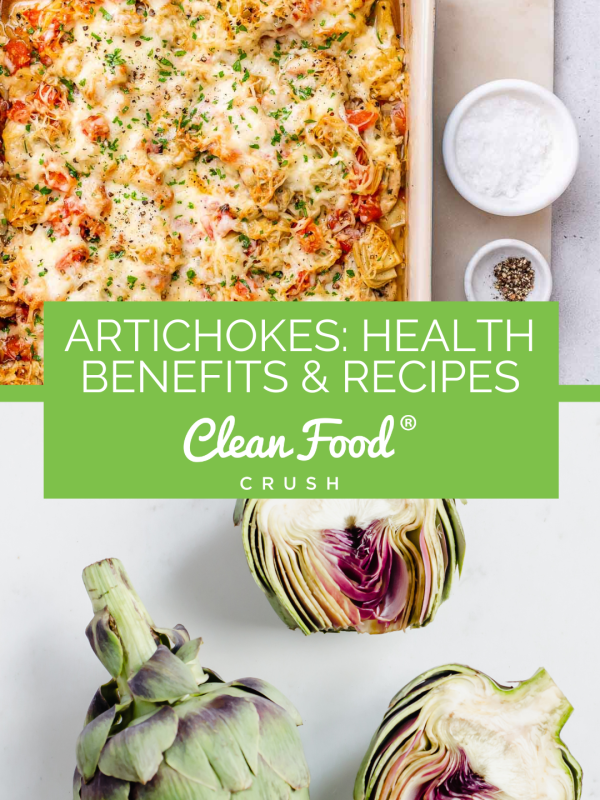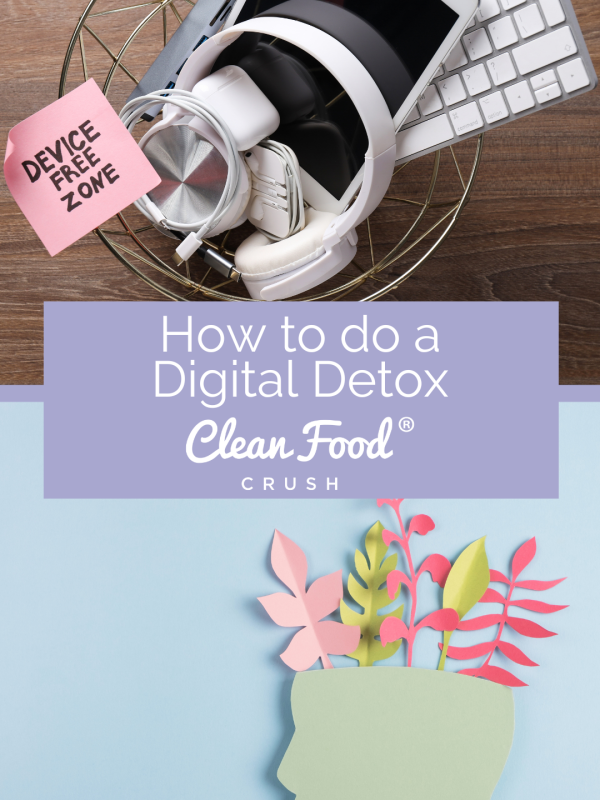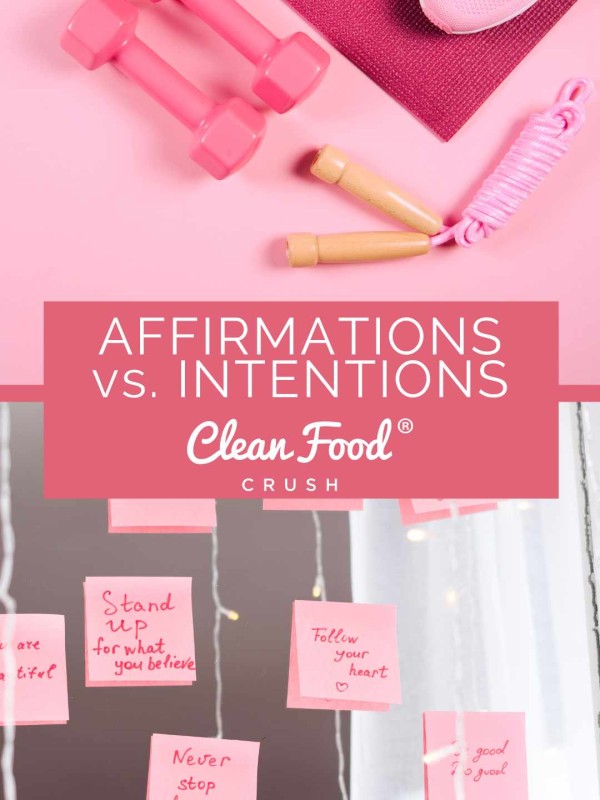This post contains affiliate links. Please see our disclosure policy.
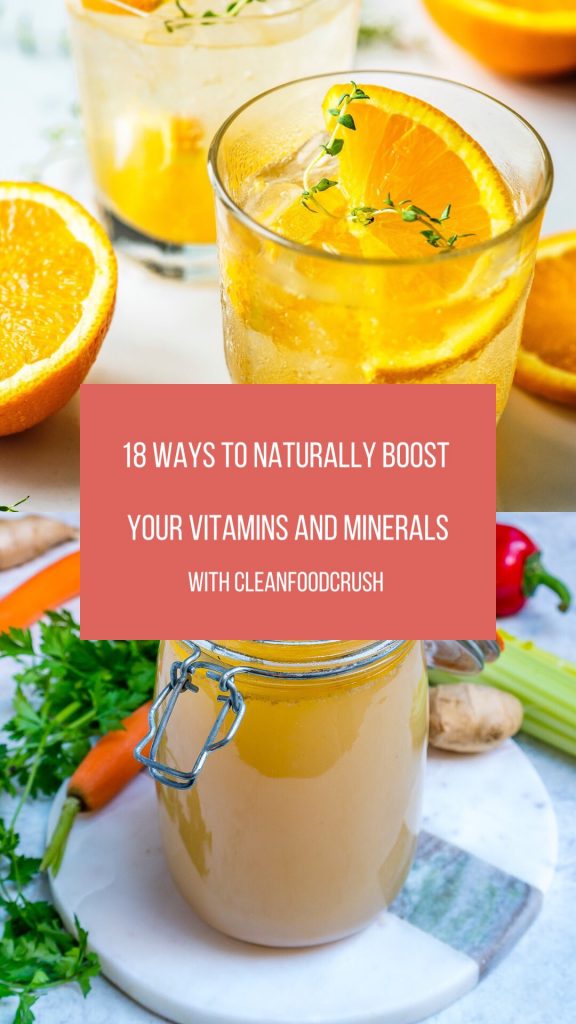
 Vitamins and minerals are what we call micronutrients, and although we only need them in small quantities, they are crucial for health, youthfulness, and weight management. We can get them in several ways, including supplement form.
Vitamins and minerals are what we call micronutrients, and although we only need them in small quantities, they are crucial for health, youthfulness, and weight management. We can get them in several ways, including supplement form.
However, the best and most complete sources of Vitamins and Minerals are found in whole foods!
When we talk about boosting anything in the body, it comes down to two big things, introduction and absorption.
Just as important as selecting the right foods to eat, is ensuring our bodies can digest and absorb the nutrients from those foods.
Below are 18 ways to maximize absorption and boost vitamins and minerals in the body!
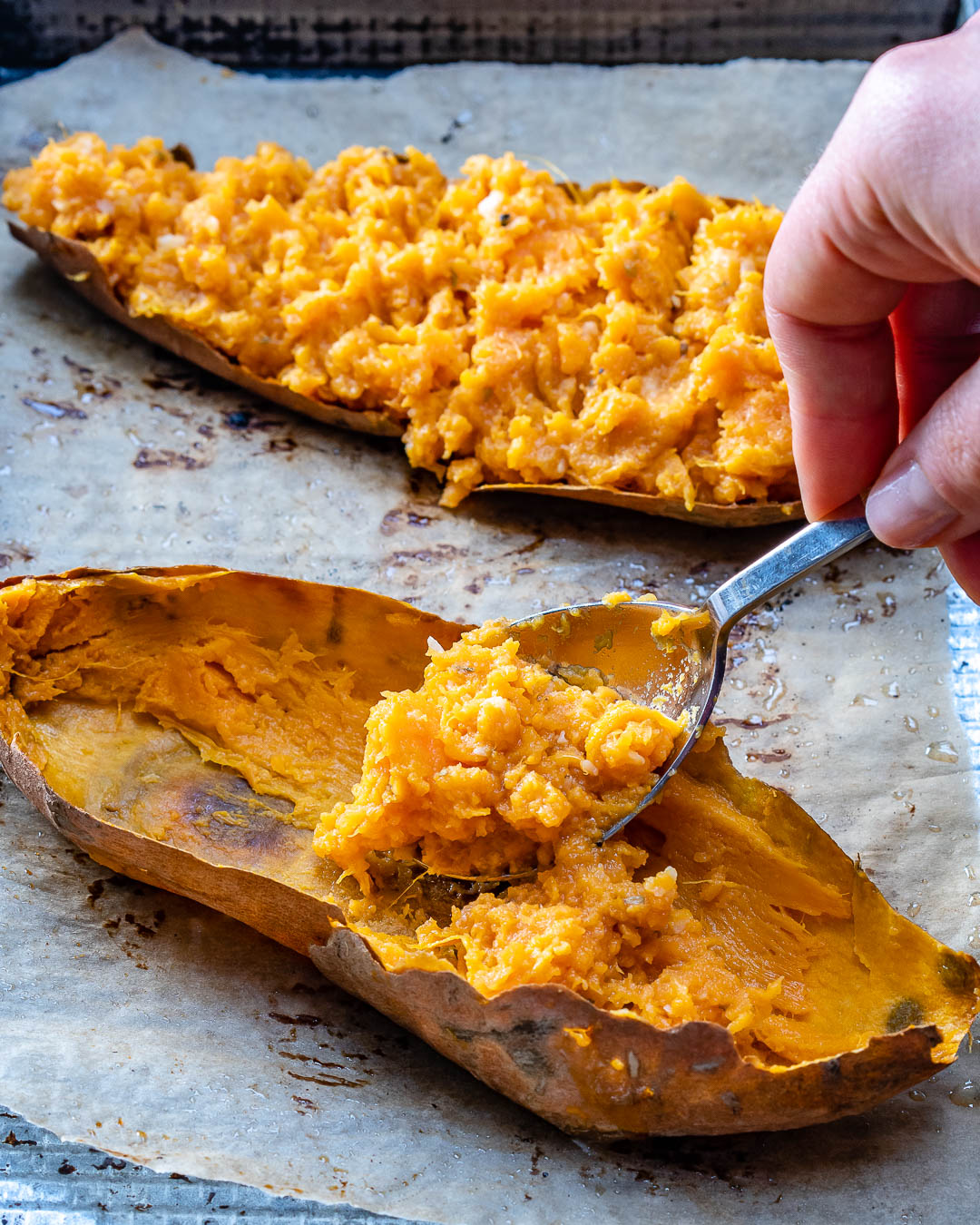
1. Get more vitamin C
Vitamin C is a vitamin and antioxidant found in oranges, broccoli, sweet potatoes, and leafy greens. Not only does vitamin C help us absorb plant-based iron, but it also plays a vital role in tissue growth and repair. By ensuring our internal tissues are in their best shape, we enhance our ability to absorb all of our vital nutrients.
2. Limit liquids with meals
Staying hydrated is crucial to health, but drinking liquids with our meals hinders digestion. Water and other liquids dilute stomach acid, preventing it from efficiently breaking down our food and releasing our vitamins and minerals.
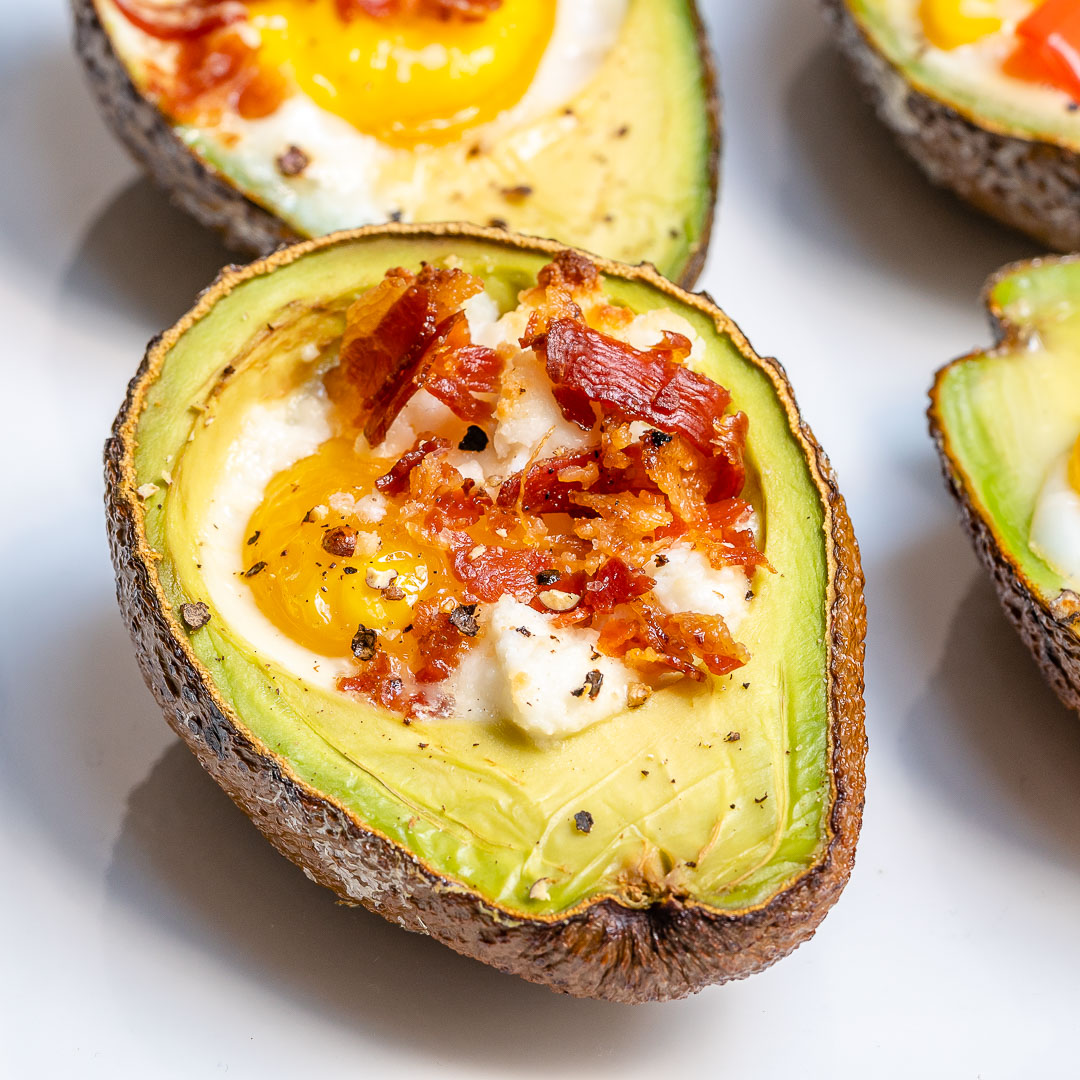
3. Introduce healthy fats
Some of our most precious vitamins and minerals are fat-soluble! We need fat to absorb these nutrients to get their benefits. By incorporating healthy fats into the diet such as avocados, coconut oil, and nuts and seeds, we naturally boost our vitamins and minerals! Try these super healthy breakfast avocado egg cups!
4. Take your supplements with food
Many of us use supplements to get an extra vitamin and mineral boost. Vitamins and minerals are best absorbed alongside food, so schedule them with your meal times!
5. Limit caffeine
Caffeine irritates the gastrointestinal tract and can sometimes lead to premature bowel movements. If we eliminate our food too quickly, we miss out on the health benefits. Caffeine also contains tannins, which can inhibit the absorption of certain minerals. You don’t need to ditch your morning coffee, but limit yourself to 1-2 cups and drink more water throughout the day.
6. Eat the rainbow
Expose yourself to a wide variety of food. Each differently colored fruit and vegetable has a unique vitamin and mineral profile. The more vitamins and minerals we introduce into our body through food, the better!
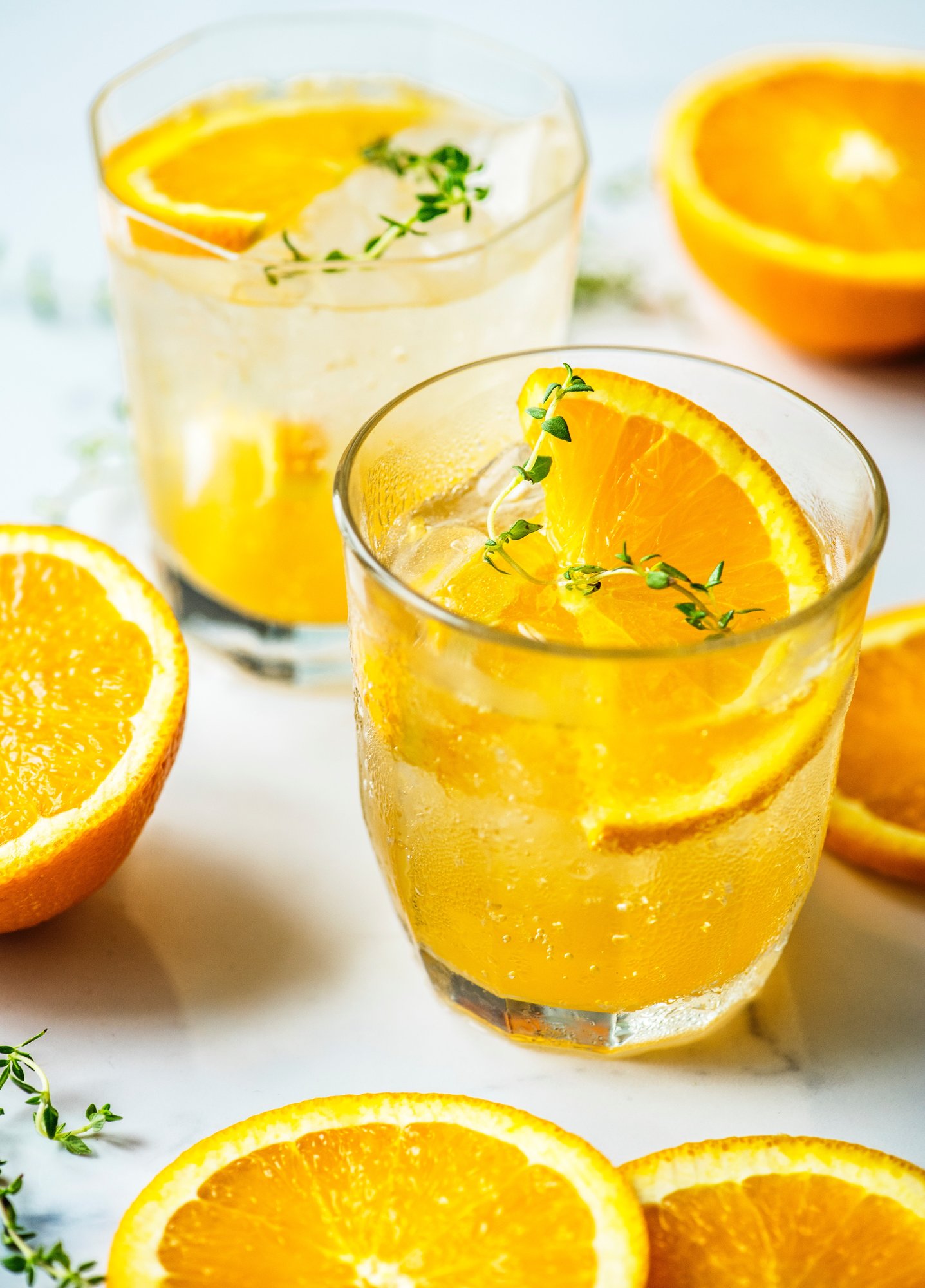
7. Hydrate
Although we want to avoid drinking with meals, water is our most important nutrient, and is vital to the absorption of many vitamins and minerals! For increased nutrients, add lemon juice or herbs and fruit to create flavored waters. Here’s 9 easy ways to make drinking water a habit.
8. Cook to preserve nutrients
Cooking our food often helps with digestion and absorption; however, overcooking food can destroy our beneficial vitamins and minerals. Try dry cooking methods like grilling, baking, stir-frying or sautéing instead of boiling or deep-frying.
Lightly cooking certain vegetables also increases vitamin and mineral bioavailability by eliminating anti-nutrients, which are compounds that bind to minerals preventing them from being absorbed.
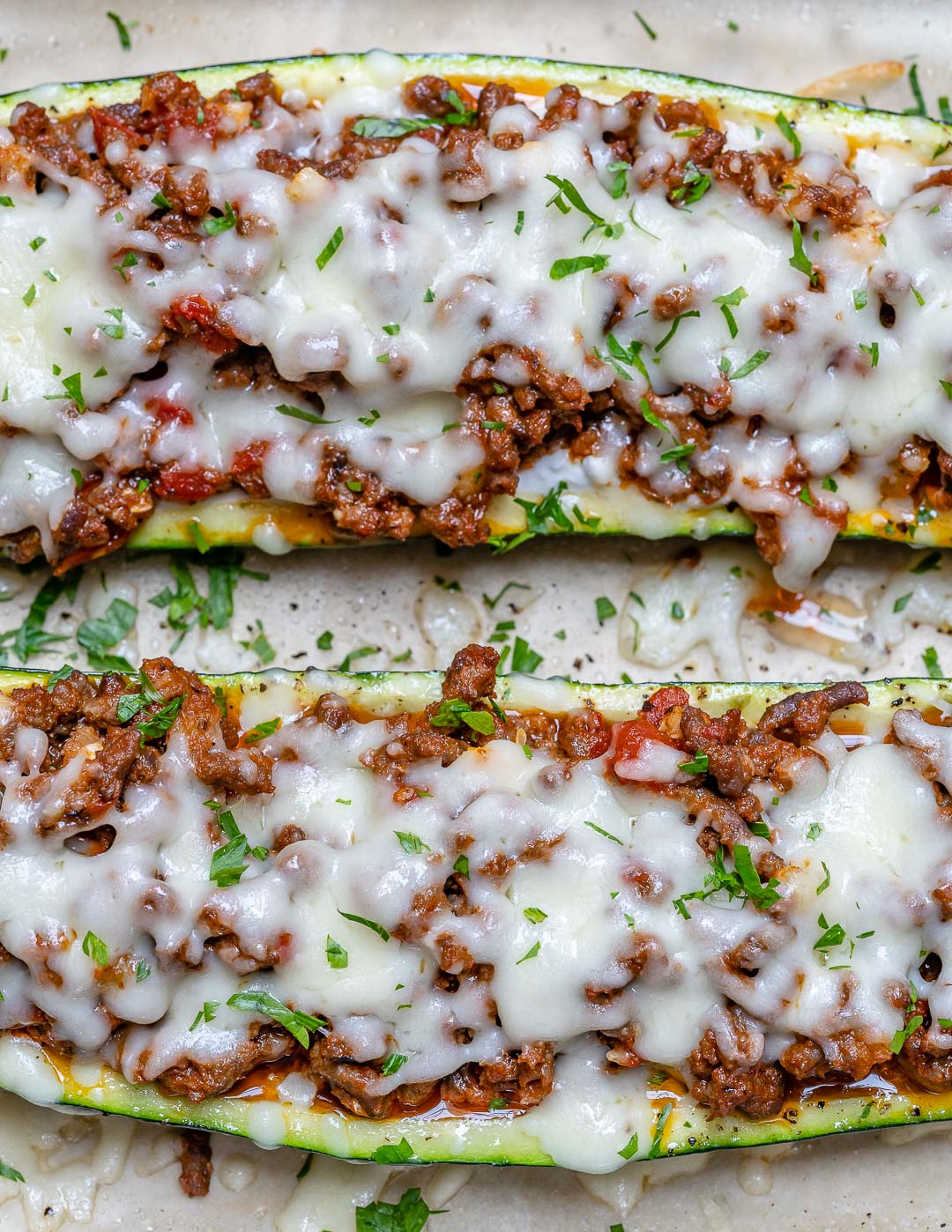
9. Try new foods
By introducing our body to new foods we maximize the exposure of vitamins and minerals. Every food is different and offers something unique. Introducing new foods into the diet also helps reduce food sensitivities and intolerances. The kitchen is a great place to get creative and be adventurous. This week, try these lasagna stuffed zucchini boats!
10. Try adaptogenic herbs
Adaptogen herbs help us adapt to physical and mental stress. When we are stressed, our body may not absorb vitamins and minerals as effectively. Herbs such as holy basil, ashwagandha, and medical mushrooms like rishi or lion’s mane help us manage stress, improve the immune system, and boost vitamins and minerals!
11. Food pairings
Pair foods that are known to enhance the properties of other foods! Pairings include vitamin C and iron-rich foods, black pepper and turmeric, olives and tomatoes, and grains and legumes.
12. Eat whole foods
A large portion of vitamins and minerals can be found in the skin of our food! Skin, pulp, and rinds are packed with nutrients. Whole foods contain the perfect balance of vitamins and minerals, and they’re way easier for the body to recognize than processed foods.
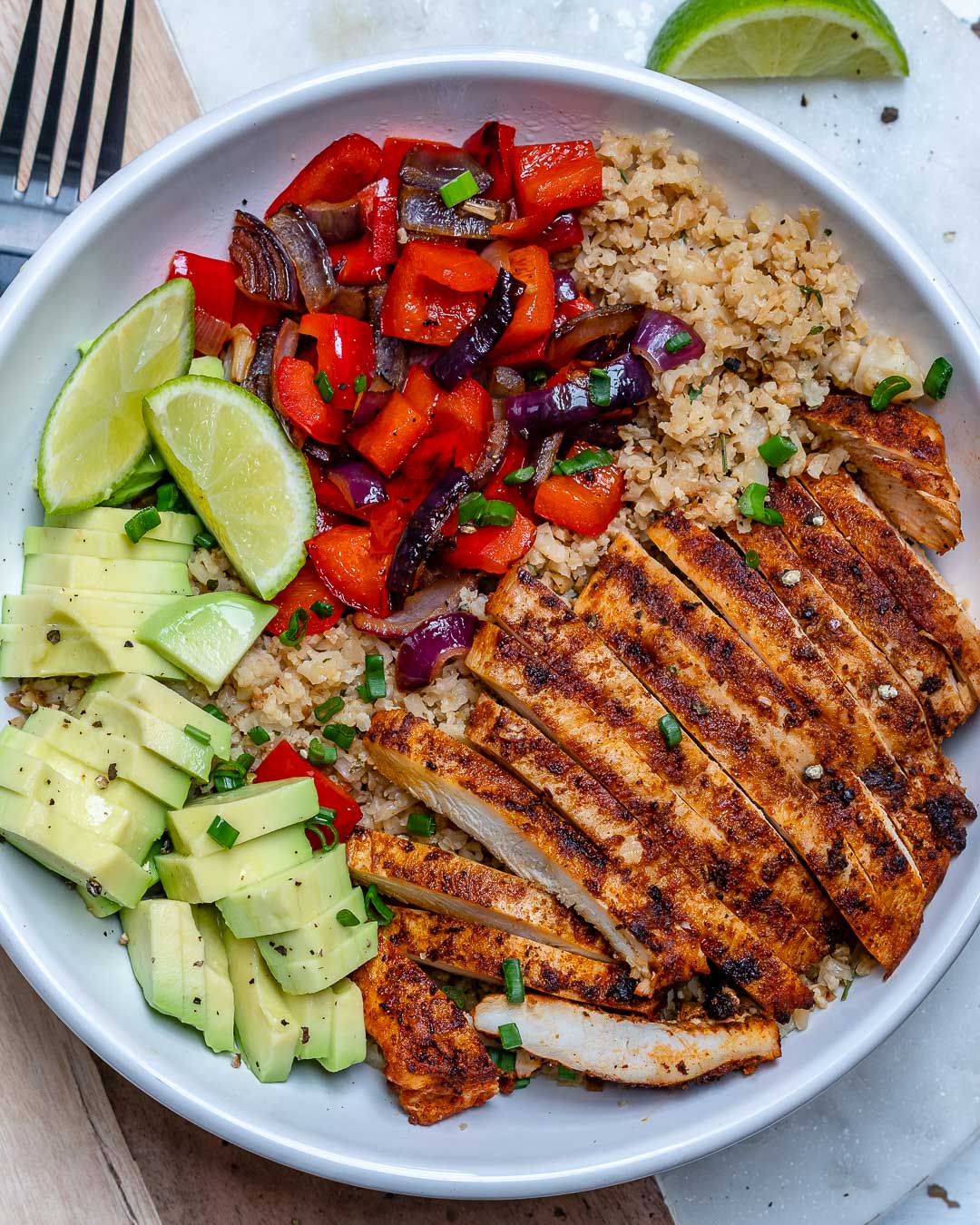
13. Eat protein with every meal
Protein helps heal our gut lining, which is where the absorption of vitamins and minerals takes place. Animal protein also helps us better absorb a variety of minerals, including non-animal sources of iron like spinach or other dark leafy greens.
14. Focus on the immune system
A healthy immune system is connected to a healthy gut! By boosting the immune system through herbs such as turmeric and ginger, you improve digestion and absorption which boosts vitamins and minerals!
15. Eat more cold-water fish
The oils found in cold-water fish, such as salmon, repair our cell walls, reduce inflammation, help balance our hormones. Here’s a recipe for one-sheet pan garlic butter salmon.
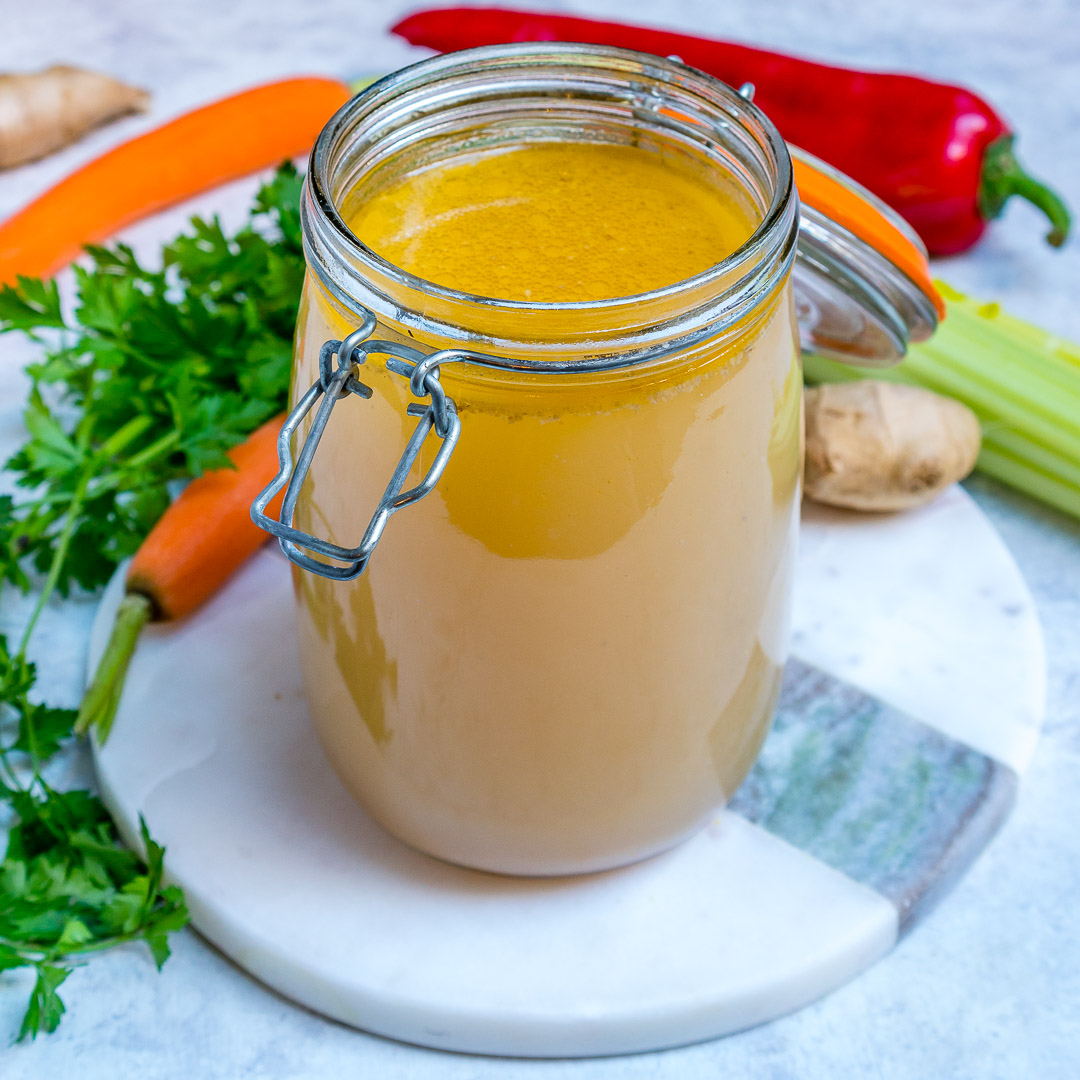
16. Bone broth
Bone broth contains an abundance of gut-healing nutrients such as collagen and glutamine, both of which improve the integrity of our gut lining. Make this slow-cooker bone broth to lower inflammation.
17. Fermented food
Fermented foods improve our gut health by introducing healthy bacteria, as well as removing anti-nutrients making vitamins and minerals more readily available!
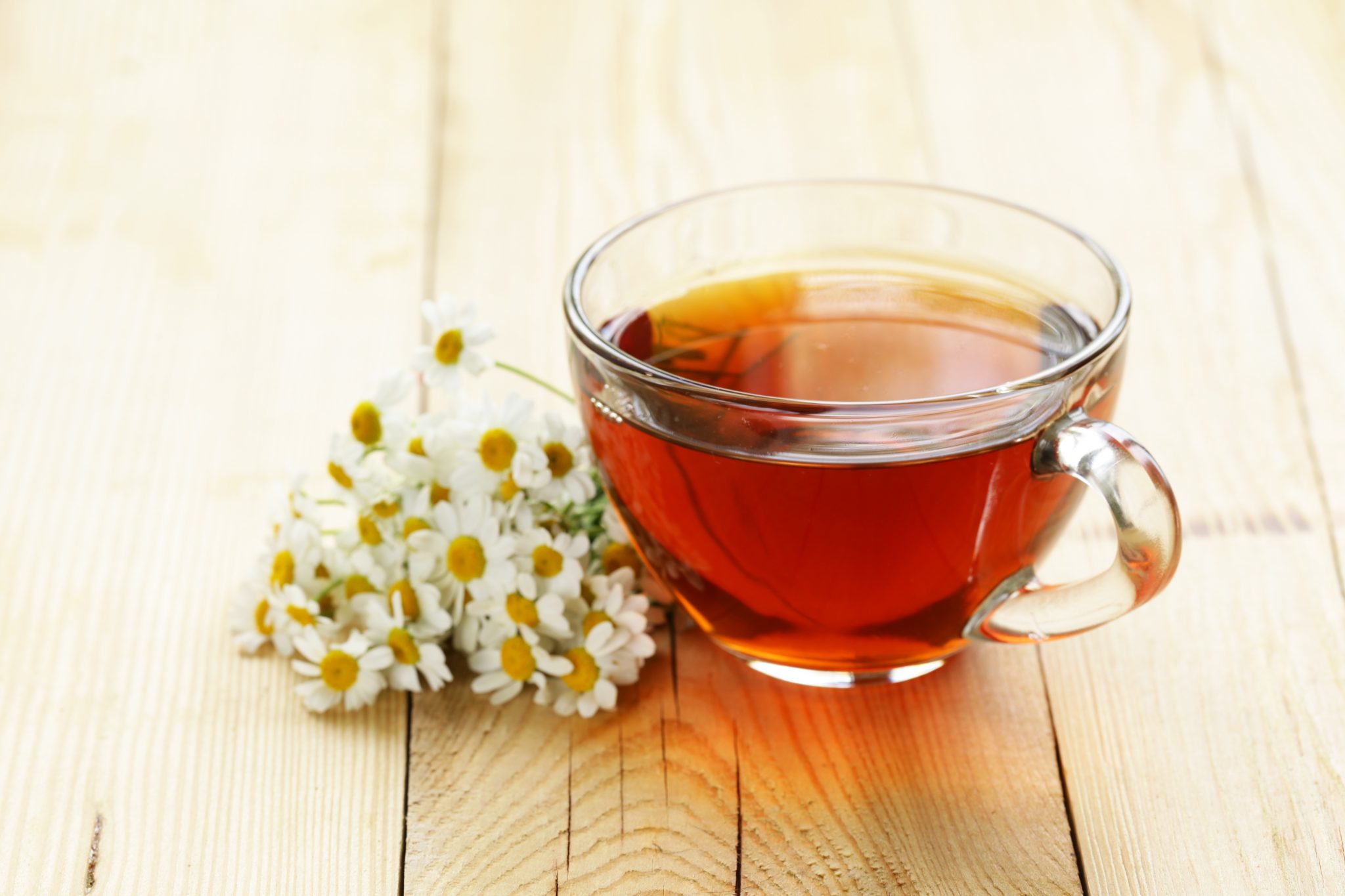
18. Incorporate relaxation herbs
The body doesn’t differentiate between physical and mental stress, and stress has many negative effects on our digestive system. Try having a few relaxation herbs on-hand. Lavender, chamomile, or passionflower are beautiful choices. If you’re feeling stressed, brew yourself a cup of herbal tea 30-40 minutes before eating to promote relaxation, which will help digestion and absorption later.




